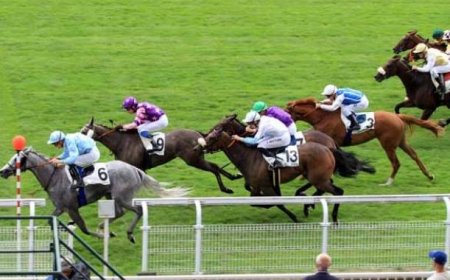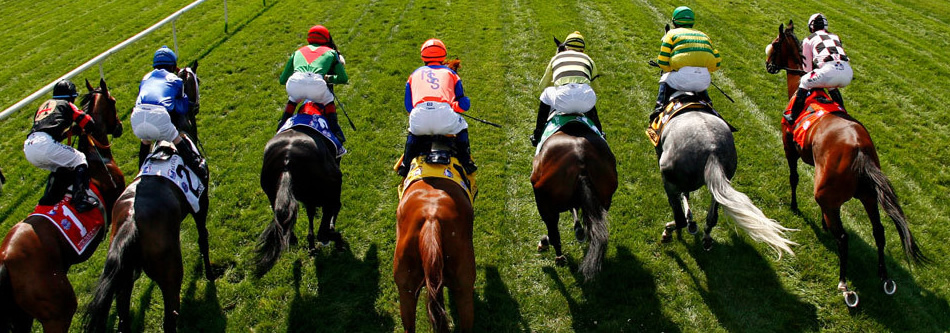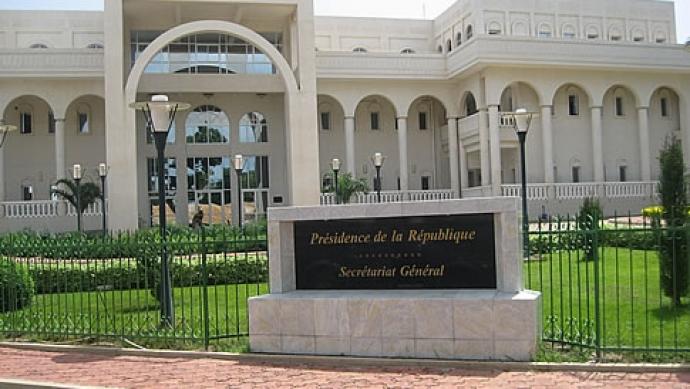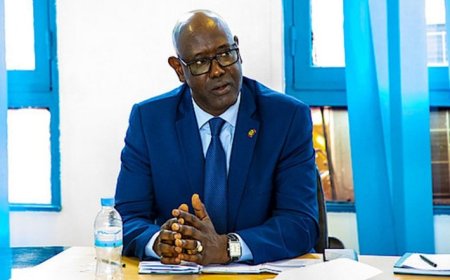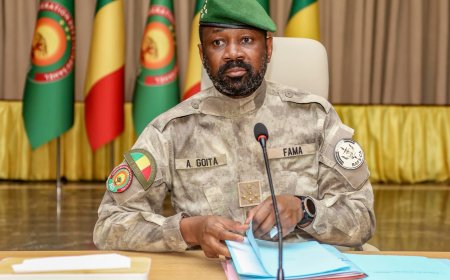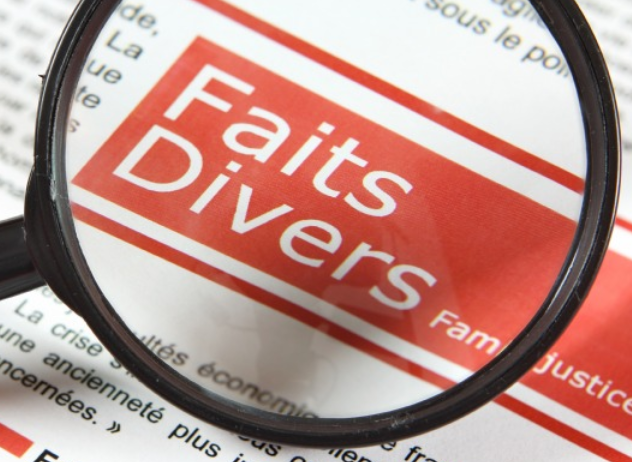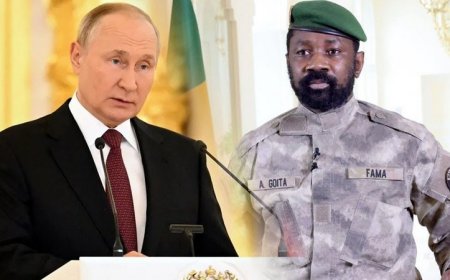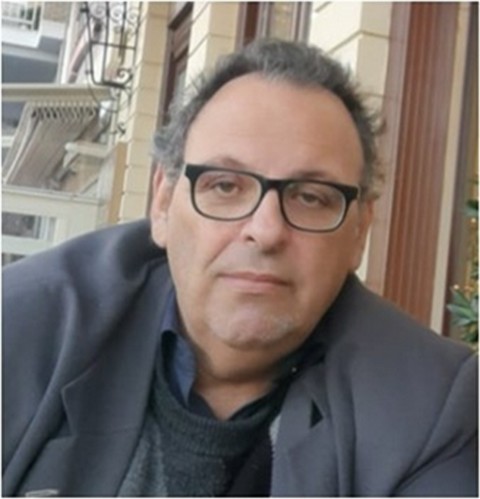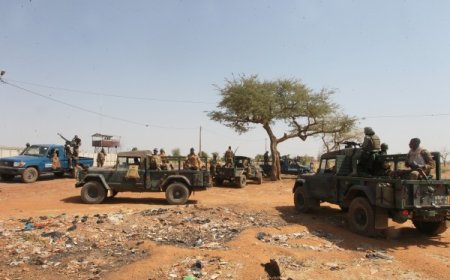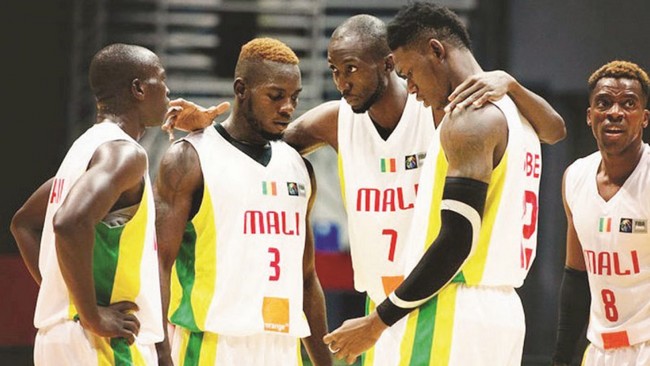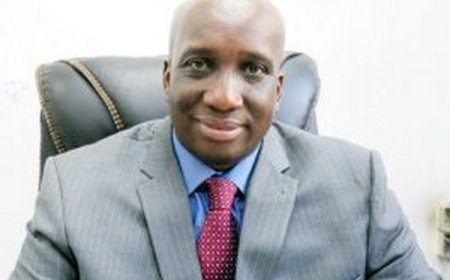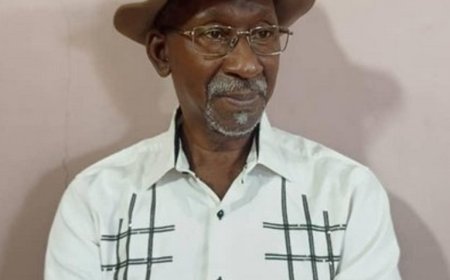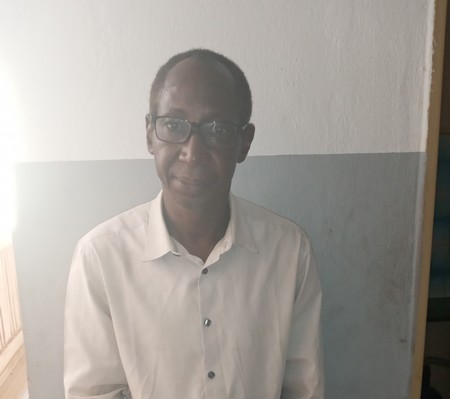Le président de la République, Ibrahim Boubacar Keïta, a pris part hier à Nouakchott au 31è sommet de l’Union africaine. Le président en exercice de l’Union africaine, le Rwandais Paul Kagame, a présidé la cérémonie d’ouverture aux côtés de l’hôte du sommet, le président mauritanien Mohamed Abdel Aziz. C’était en présence du président de la Commission de l’UA, Moussa Faki Mahamat, des représentants des organisations continentales et d’organismes internationaux.
Le thème central de cette session de Nouakchott était “2018, année de la lutte contre la corruption”. Le président en exercice de l’UA a salué et félicité son homologue mauritanien Mohamed Abdel Aziz pour la bonne organisation et l’hospitalité dont les délégations étrangères et africaines ont bénéficié. Paul Kagame a salué particulièrement la présence, pour la première fois à cette rencontre, du nouveau président élu de la Sierra Léone, Julius Maada Bio qu’il a félicité.
Le chef de l’Etat rwandais a, par ailleurs, souligné les changements politiques majeurs intervenus en Ethiopie et au Zimbabwe. Il a également salué les pourparlers prometteurs entre l’Ethiopie et l’Erythrée pour la normalisation de leurs relations bilatérales. Le président Kagame a, en outre, salué la médiation de l’Autorité intergouvernementale de l’Afrique de l’Est (IGAD) qui a reçu le mandat des chefs d’Etat de la région pour mener à bon port les pourparlers au Soudan du Sud. Il n’a pas non plus oublié de rappeler les attaques récentes terroristes survenues sur le continent, notamment l’attaque contre le quartier général du G5 Sahel à Sévaré.
Parlant des avancées enregistrées par l’UA, Paul Kagame a salué le travail du comité des 15 ministres des Finances africains qui, avec la collaboration du conseil exécutif, a produit un rapport ayant abouti à l’adoption du budget le plus crédible et le plus transparent de toute l’histoire de l’organisation panafricaine. «A travers ce processus, le budget 2019 de l’Union africaine a connu une baisse de 12%, comparé à celui de 2018. Par ailleurs, les contributions pour le Fonds de maintien de la paix ont augmenté considérablement. Ce qui est une avancée notable que je salue », a relevé le président Kagame, ajoutant que cette position conforte l’Union africaine dans ses relations avec le Conseil de sécurité des Nations unies quant à la dynamisation durable du Fonds pour les opérations de maintien de la paix sur le continent.
De son côté, le président de la Commission de l’UA a indiqué que le sommet de Nouakchott se tenait à un moment marqué par de multiples défis parmi lesquels la transformation des engagements en actions concrètes et durables, la crédibilisation des efforts qui doivent se traduire en mieux être dans le quotidien des populations et enfin l’aptitude des Etats africains à parler et à agir dans l’unité sur la scène internationale. «Le Sommet de Nouakchott doit conforter la dynamique engagée pour faire de notre Union, l’outil à même de conduire la transformation envisagée dans l’Agenda 2063 », a souligné Moussa Faki Mahamat, avant d’assurer que «les Etats doivent accélérer la cadence de la réforme institutionnelle».
Le sommet de Kigali, tenu en mars dernier, a marqué une étape essentielle de l’accélération de l’intégration continentale, a rappelé le président de la Commission. «En effet, dans un contexte marqué par la montée du protectionnisme et de l’isolationnisme, le succès des assises de Kigali doivent nous aider à transformer cet essai avec l’entrée en vigueur de l’accord sur la zone de libre échange et du protocole sur la libre circulation des personnes, le droit de résidence et le droit d’établissement avant mars 2019, date anniversaire du sommet historique de Kigali», a fait remarquer Moussa Faki Mahamat. Il a eu une pensée pour le Sahel en proie aux attaques terroristes. Il n’a pas non plus oublié les efforts de paix au Soudan du Sud, entre l’Erythrée et l’Ethiopie.
Une des questions cruciales à l’ordre du jour a porté sur la négociation d’un nouvel accord de coopération avec l’Union européenne. Le conseil exécutif de l’UA a adopté une position commune sur la question, a souligné le président de la commission.
«La défense de cette position commune sera le gage de la capacité de l’Afrique à parler d’une seule voix et à agir de concert sur la scène internationale. Cet impératif est d’autant plus important que les six mois écoulés ont confirmé la tendance à l’affaiblissement de la position commune. La capacité de l’Afrique à peser dans l’ordre mondial actuel est fortement liée à la solidité de son unité», a-t-il indiqué.
«Nous avons déclaré l’année 2018, année de lutte contre la corruption. Les méfaits de ce fléau se traduisent par la perte de ressources au montant astronomique. Les chefs d’Etat africains ont désigné leur homologue, le président nigérian Muhammad Buhari comme leader de ce combat. Le travail abattu par ce dernier fournira des orientations quant aux mesures à prendre, a précisé Moussa Faki Mahamat. «La célébration de la journée du 11 Juillet de chaque année comme journée de lutte contre la corruption devrait permettre d’impliquer tous les segments de notre population dans ce combat. Leur rôle de vigile de l’action publique et de la probité de ceux qui en ont la charge est irremplaçable», a-t-il conclu.
Envoyés spéciaux
Moriba COULIBALY
Oumar DIOP
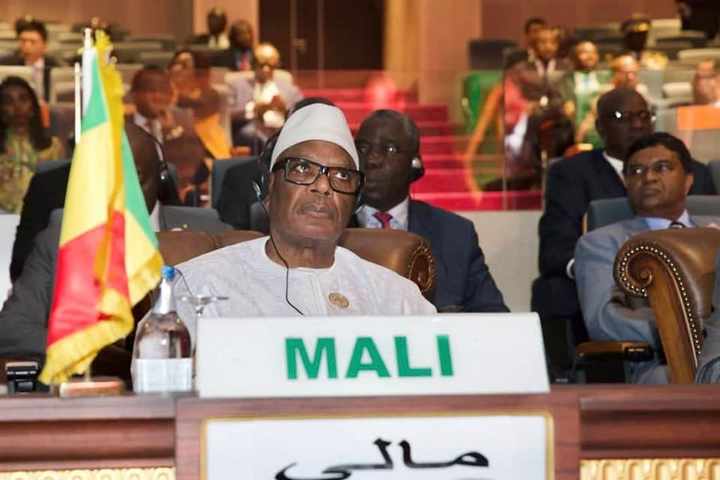
 Like
0
Like
0
 Je kiff pas
0
Je kiff pas
0
 Je kiff
0
Je kiff
0
 Drôle
0
Drôle
0
 Hmmm
0
Hmmm
0
 Triste
0
Triste
0
 Ouah
0
Ouah
0
